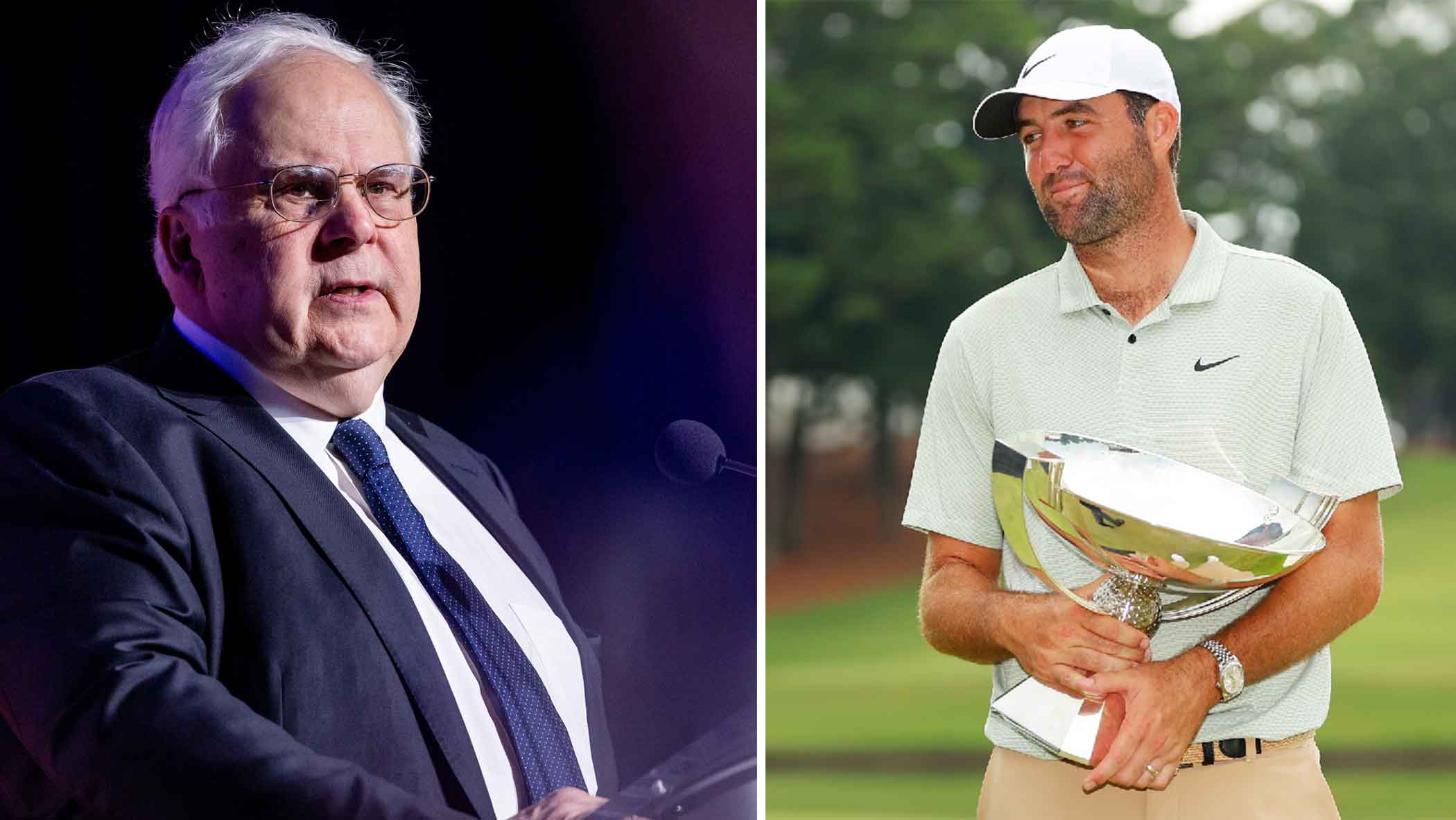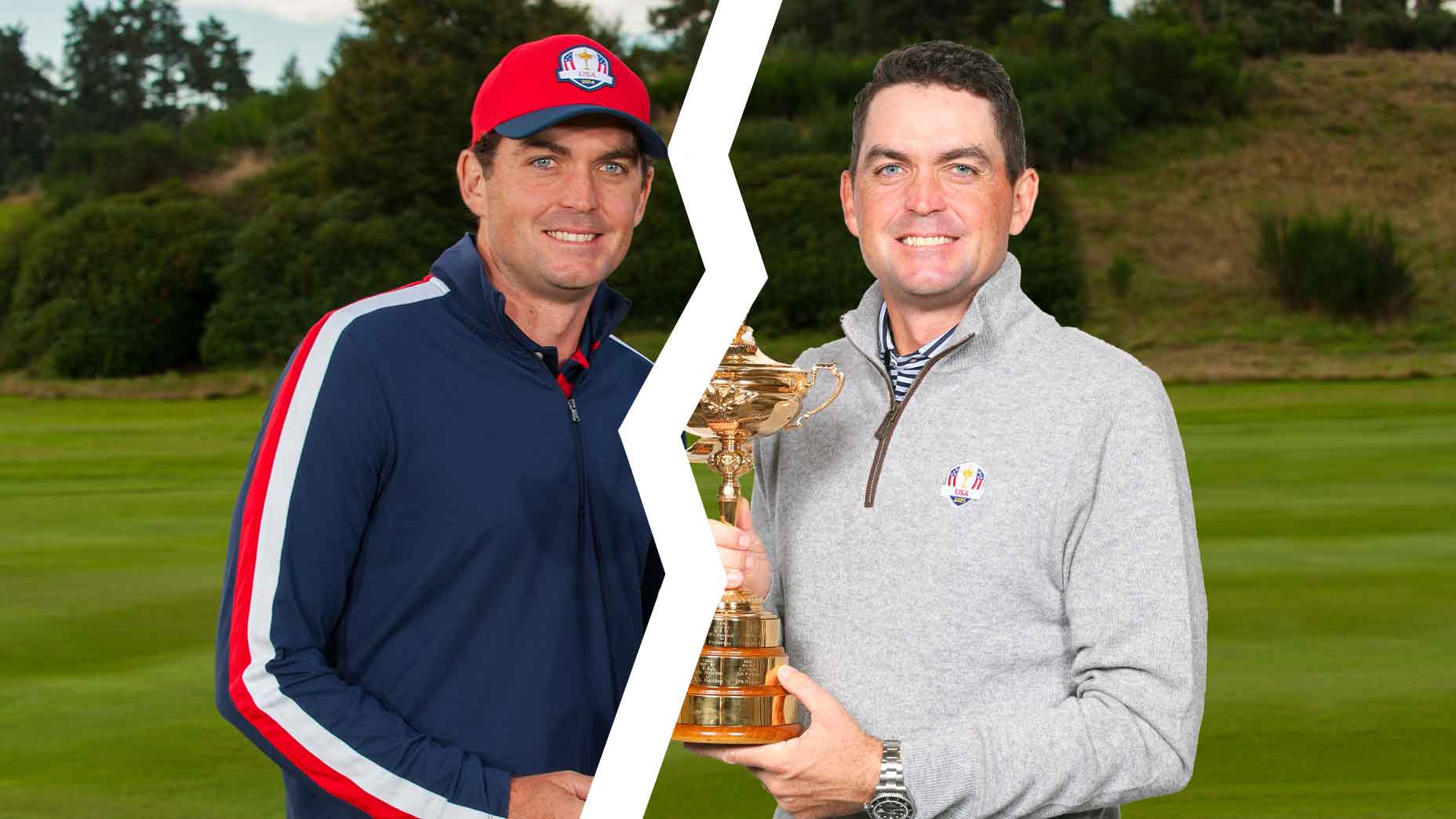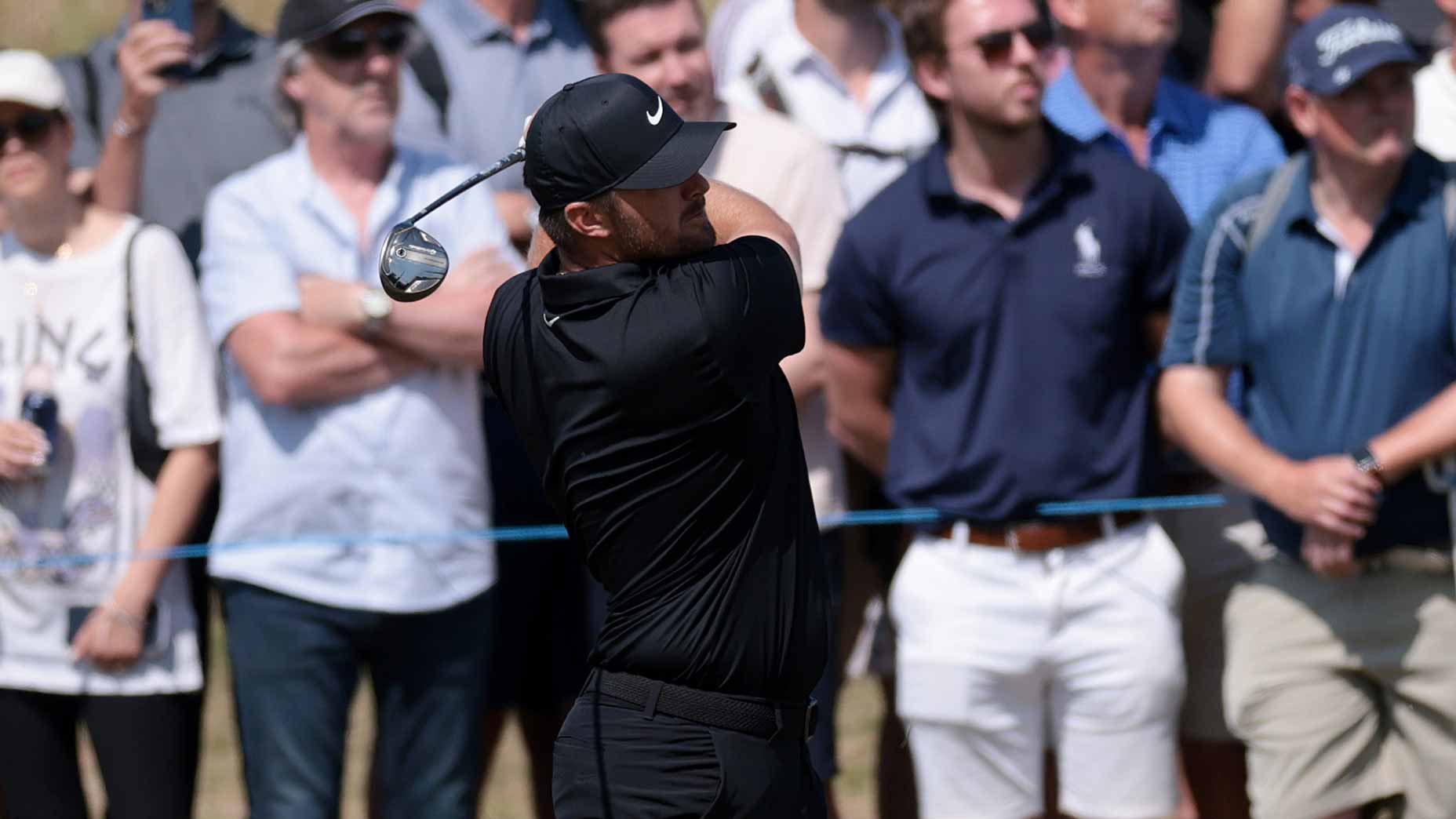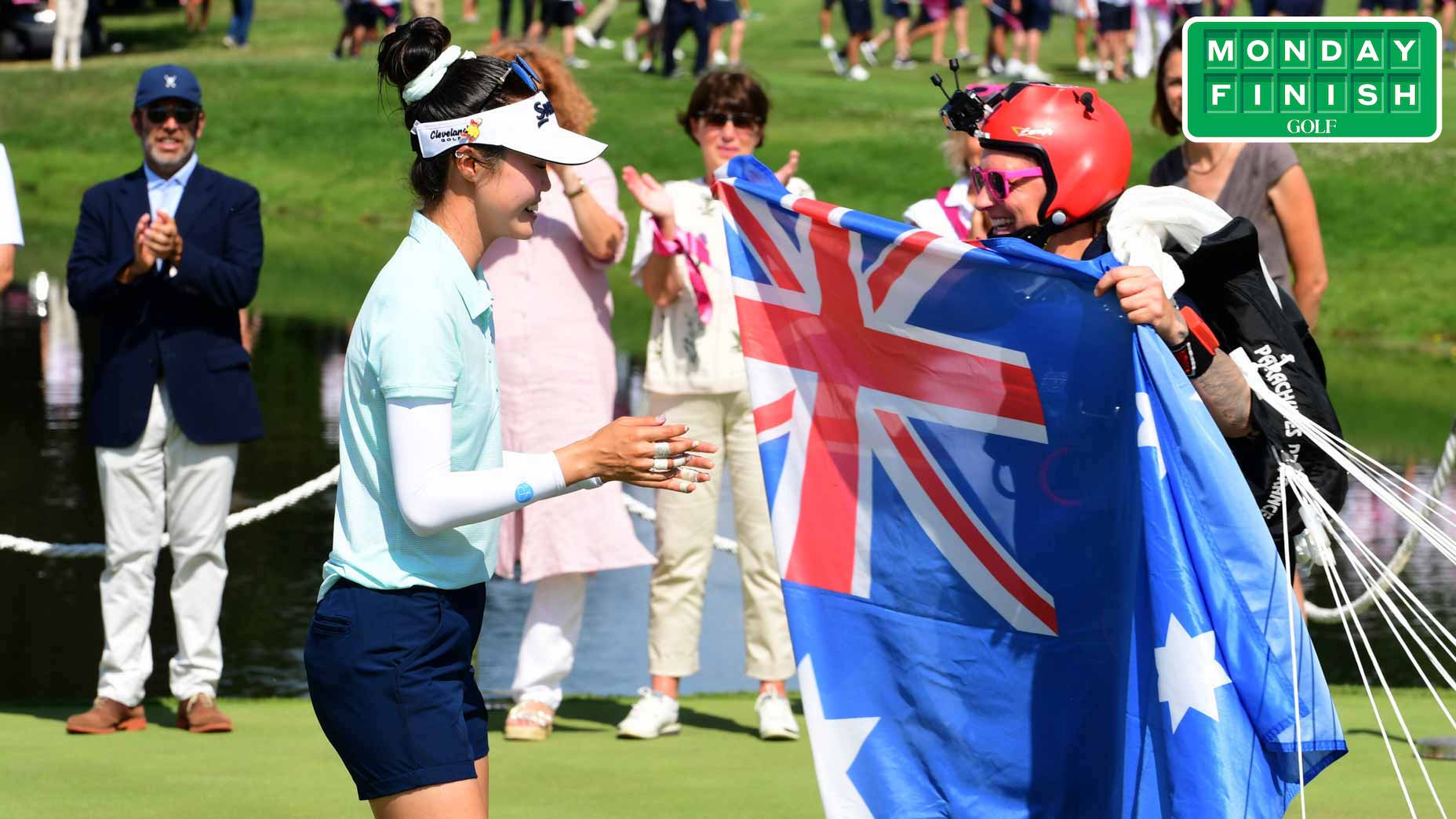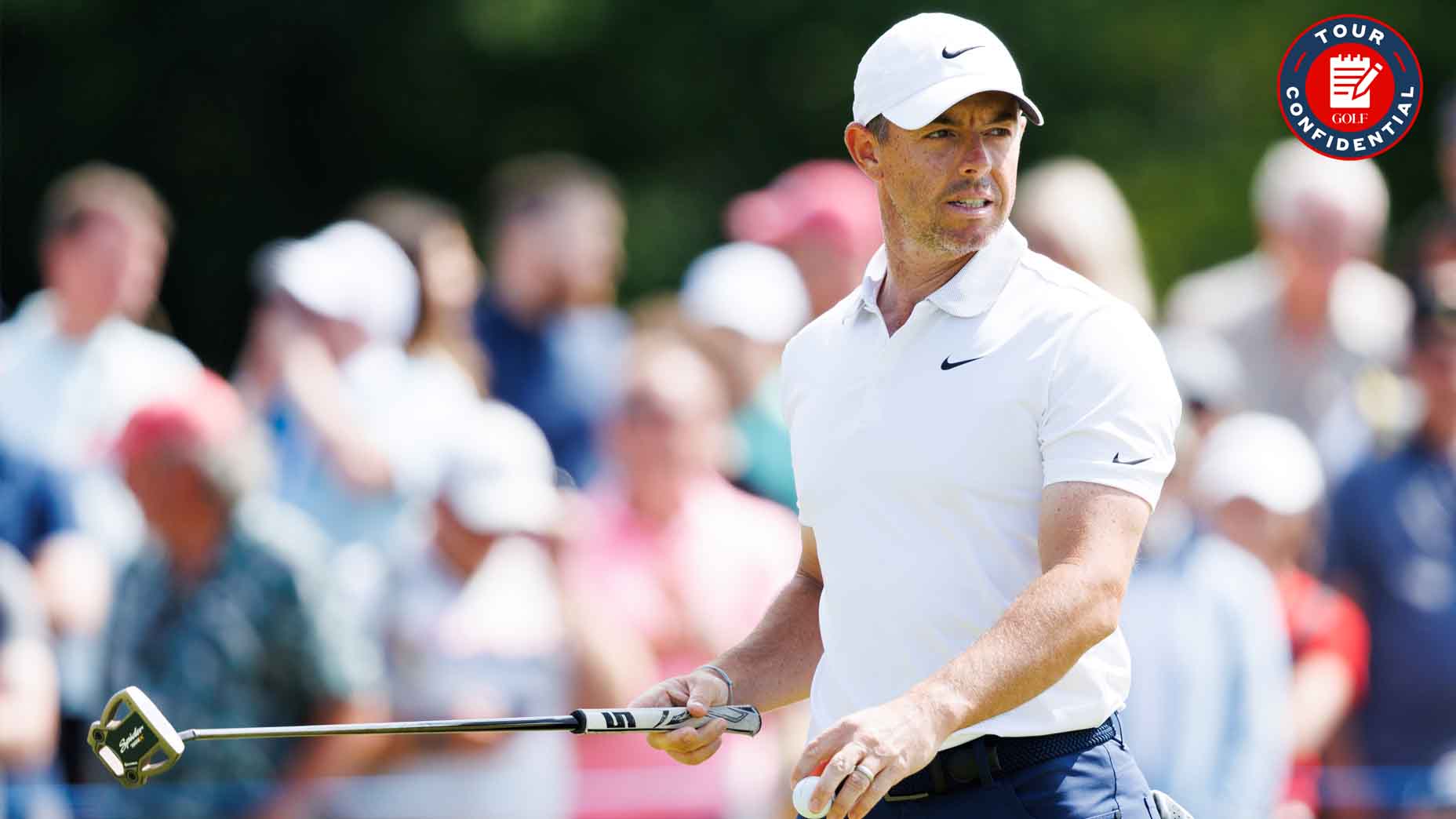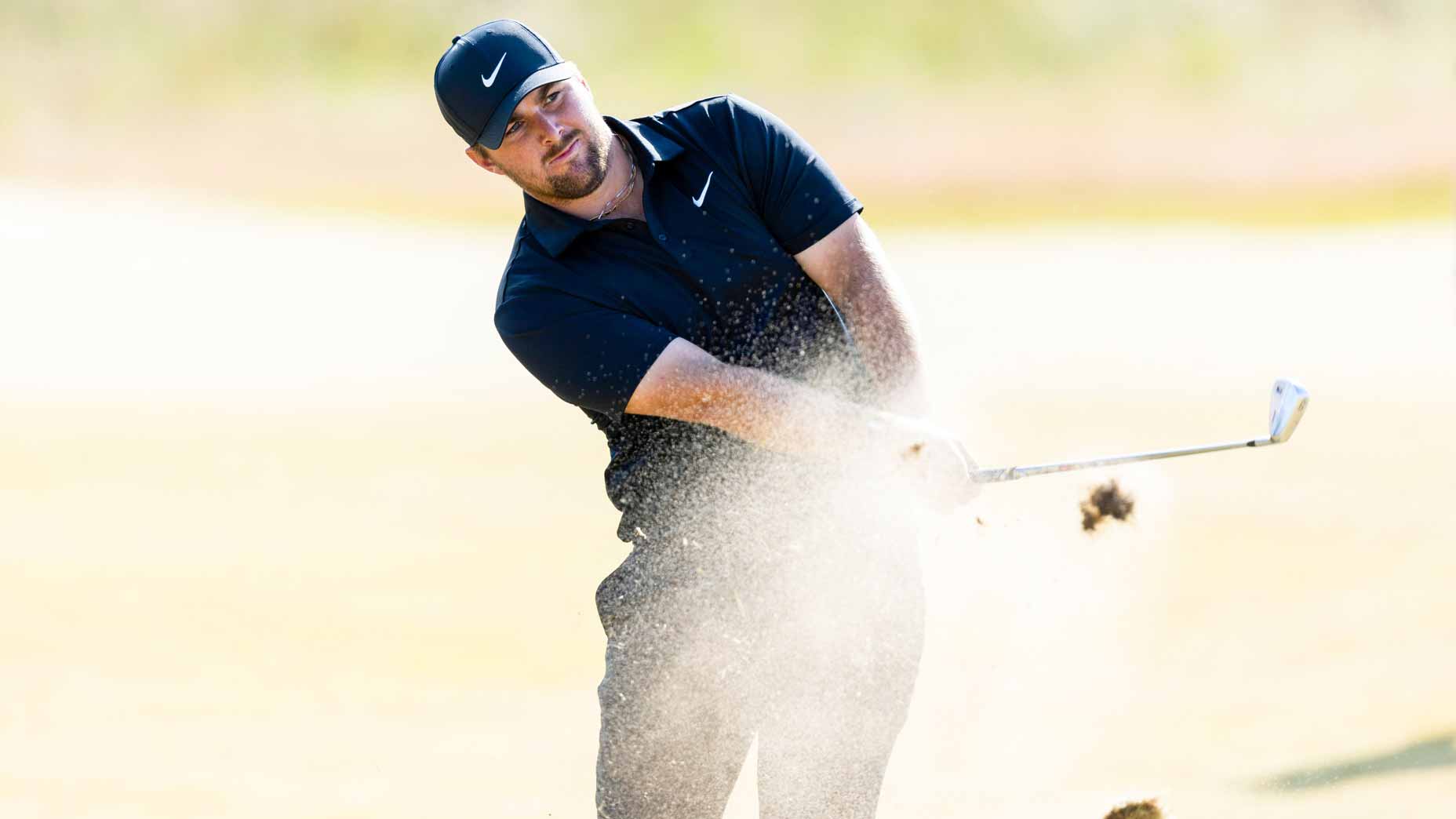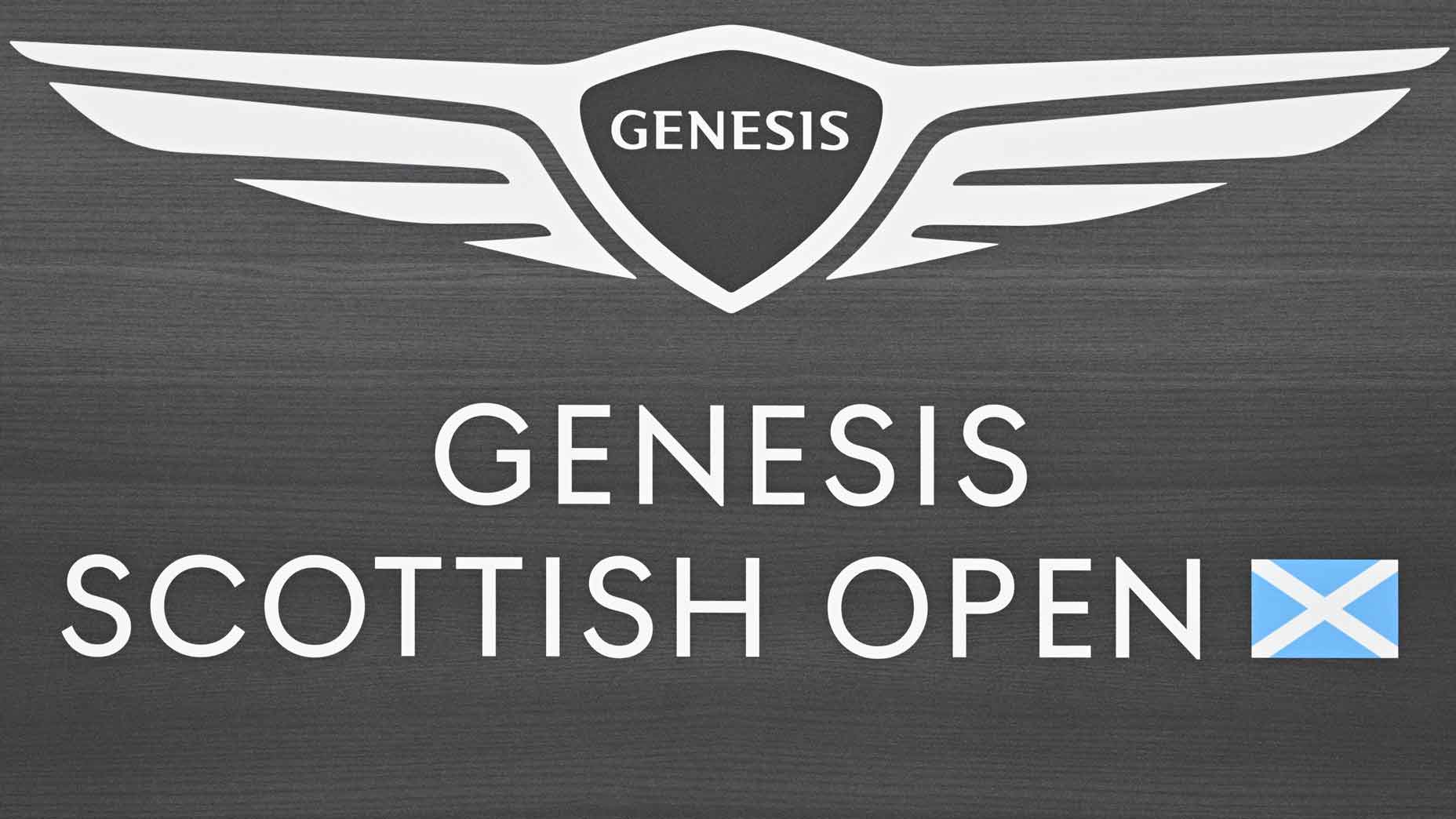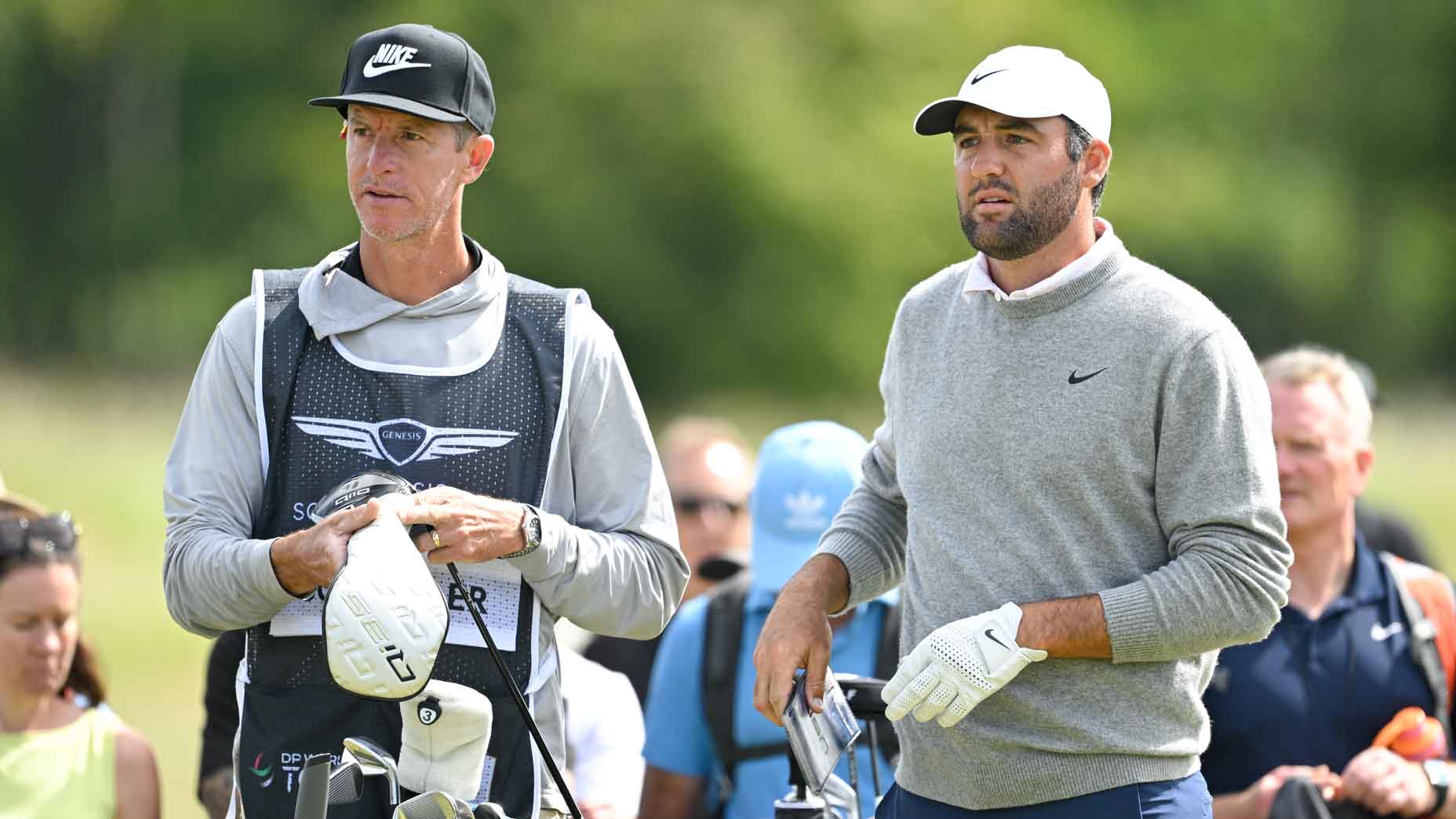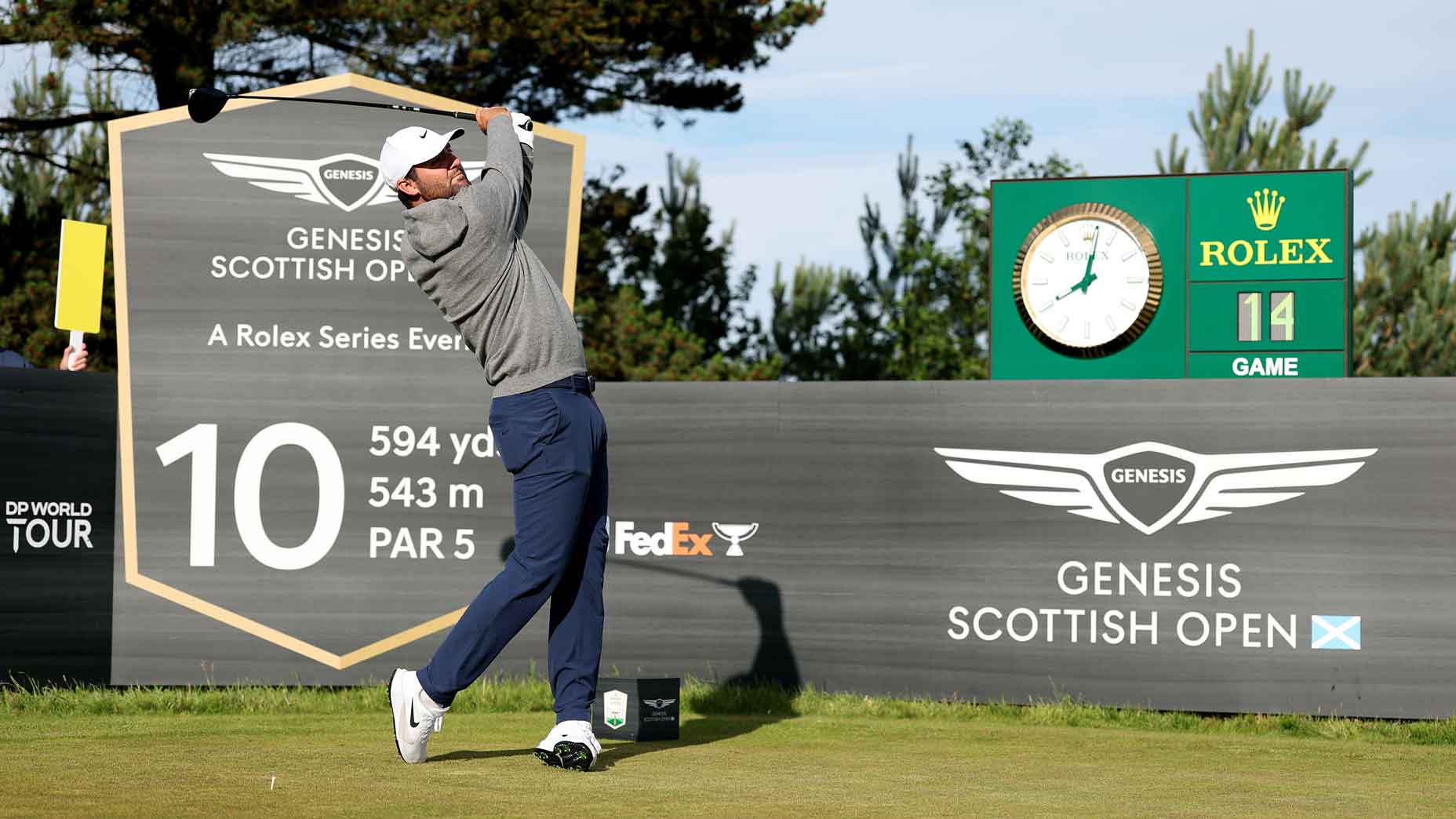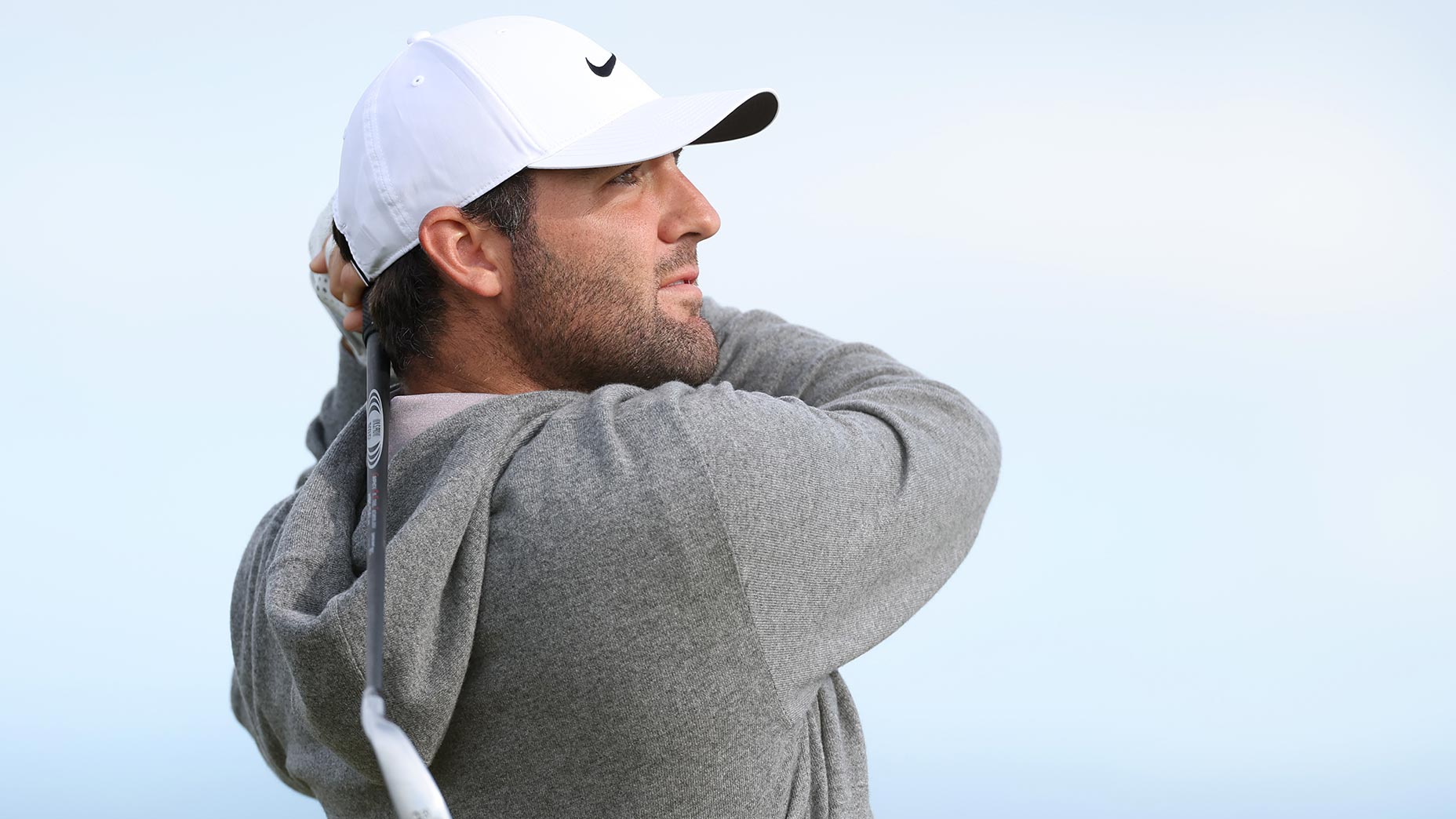Fred Smith, the late visionary who founded FedEx — and who was ultimately responsible for making the company the best corporate partner the PGA Tour has ever had — was not a golf guy. At all.
Smith, a large man with a big heart who died on June 21 at 80 from a sudden heart attack, loved sports — tennis and football most particularly. For about 20 years, he was a part owner of the Washington Commanders (and a proponent of the name change). His son, Arthur, is the offensive coordinator for the Pittsburgh Steelers. Fred Smith liked baseball and basketball, too.
But golf was never Smith’s thing. He’d go to Augusta National, not to play, but to have dinner in the clubhouse, fascinated and curious about the club and its annual April invitational. He liked that the Masters was run like clockwork and that its reach was global, two goals he knew well. He didn’t play in the annual pro-ams at the FedEx St. Jude Classic in Memphis, or in the FedEx playoff events. He didn’t hand out the trophy at the conclusion of the FedEx Cup, at East Lake in Atlanta each year. He didn’t play golf with his friend and former Yale fraternity brother, George W. Bush, noted speed golfer. Nope, not a golf guy.
And yet: FedEx has spent hundreds millions as a sponsor of PGA Tour events over the past nearly 40 years, going back to when the Danny Thomas Memphis Classic morphed into the Federal Express St. Jude Classic. In 1987, Curtis Strange won the event by a shot over Russ Cochran, Mike Donald, Tom Kite and Dennis Watson, earning $130,000 from a $725,000 purse. It was quite a finale, and there was Federal Express signage everywhere. In time, the name got shorter and the purse got bigger. The orange and purple color scheme remained the same.
In August, the gents competing in the FedEx St. Jude Championship will be playing for $20 million. Last year’s winner, Hideki Matsuyama of Japan, received $3.6 million. That is the first week of the now three-week playoff. In September, there’s a series of seven events called the FedEx Fall Series. As players sometimes wear black ribbons to mourn deaths of the various golf people, every player on Tour could wear purple and orange socks for a day, in honor of FedEx Fred.
“Fred was not a golf guy in the sense of playing the game,” Fred Perpall, the USGA president, said the other day. Smith invited Perpall to serve on the FedEx board in 2021. “But Fred was what we would call a ‘golf guy,’ in terms of valuing the values of the game. I think he was drawn to the PGA Tour because of the ethics the players show, because professional golf is global — and because there is such a powerful charitable element to what the PGA Tour does.”
In 2010, the New York Times reported that FedEx, as a company, gave 1.5 percent of its pretax profits to charity. The national corporate average then was 0.9 percent.
Over the years, Smith has had top executives working under him who were embedded in the game. Among them were Ken Masterson, the company’s top lawyer; Mike Glenn, a former FedEx CMO; and Don Colleran, a former CEO, who worked for FedEx for nearly 40 years. Before that, Colleran was a kid caddie and a nighttime member of the Oakley Country Club in Watertown, Mass. He still has the accent and maybe some fence scarring to prove it.
“Jack once asked Jay if he could have a meeting with Fred,” Colleran said the other day. Jack Nicklaus. Jay Monahan, the PGA Tour commissioner. Fred Smith. The meeting was arranged. Nicklaus came to Memphis, where FedEx was based. Colleran was there for it.
Here’s what your Keegan Bradley Ryder Cup opinion says about youBy: Sean Zak
“Here you had these two icons, one from business, one from sports, picking each other’s brain,” Colleran said. Colleran was struck by Smith asking Nicklaus about his general athletic prowess, particularly basketball, and how it shaped his golf. Nicklaus has often said playing different sports in different seasons helped his golf immeasurably. Both men, when you get right down to it, were good at getting things off the ground. Nicklaus won four U.S. Opens and six Masters tournaments with towering long-irons. FedEx has 700 planes in its fleet.
Smith left it to Colleran to hand out trophies and checks in Memphis and Atlanta, to do TV interviews with Jimmy Roberts and Dan Hicks of NBC Sports. Colleran can readily recall how Tiger Woods still had his game face on, 15 or so minutes after winning the 2018 Tour Championship at East Lake. (You don’t come down quickly from a rush like that.) One year, at the Pebble Beach Pro-Am, Colleran and Paul Casey won the amateur side of the event. Somebody had to represent FedEx at the AT&T! If fell to Colleran more than once.
Colleran said FedEx made corporate studies of what it spent in golf, to see what kind of bang the company was getting for all the checks it was writing. “We’re in 220 countries,” Colleran said, who has traveled the globe repeatedly on FedEx planes. “Through golf, I’ve seen our signage everywhere.” Brand awareness, at the highest and broadest level. It’s not like there aren’t other overnight carriers out there. Getting your name out there is part of the battle, of course.
But from the start, what made FedEx is the company’s obsessive attention to detail. To timeliness and efficiency, especially to the clicking clock. Tom Hanks plays a stranded FedEx manager in the 2000 movie Cast Away (Fred Smith makes a cameo in it) and drives that point home relentlessly. In the movie, and in the daily life of FedEx the company, every moment, of package and employee, and every exchange, between customer and employee, matters.
Colleran said that getting top FedEx clients with top PGA Tour players in pro-ams was a key component to making the FedEx-PGA Tour relationship work. He said if there were players who were talking on their phones or in the bubble of their entourage throughout the pro-am, he would say something to a top Tour official, including Jay Monahan. “We’d see improvement,” Colleran said. He cited Justin Rose and Padraig Harrington as two players who went out of their way to be cordial to pro-am partners. “They’d say to me before a round, ‘Tell me about the guys I’m playing with. What constitutes a good day with them for you?’”
Perpall, the USGA president, recalled the ticking-clock element to Cast Away, but he takes something else from the movie that he relates to Fred Smith.
“Tom Hanks is on that island, stranded, completely alone, except for that volleyball,” Perpall said. “But there’s a community of FedEx employees trying to get him home. FedEx has hundreds of thousands of employees. Fred understood that sense of community. You’d see it in how he ran FedEx. In all the charitable things he did in Memphis and all over the world. But that’s golf, too — right? Golf gives you that sense of community. Fred got that.”
Michael Bamberger welcomes your comments at Michael.Bamberger@Golf.com
Latest In News
Why Bryson DeChambeau says your public course is sneaky hard

Michael Bamberger
Golf.com Contributor
Michael Bamberger writes for GOLF Magazine and GOLF.com. Before that, he spent nearly 23 years as senior writer for Sports Illustrated. After college, he worked as a newspaper reporter, first for the (Martha’s) Vineyard Gazette, later for The Philadelphia Inquirer. He has written a variety of books about golf and other subjects, the most recent of which is The Second Life of Tiger Woods. His magazine work has been featured in multiple editions of The Best American Sports Writing. He holds a U.S. patent on The E-Club, a utility golf club. In 2016, he was given the Donald Ross Award by the American Society of Golf Course Architects, the organization’s highest honor.
